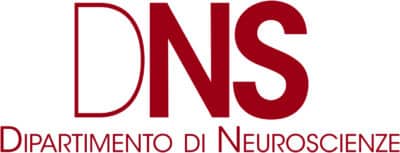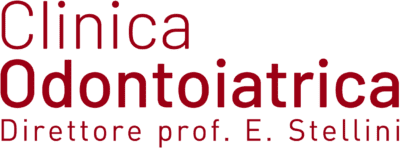

The Master in Oral Pathology and Medicine and Odontostomatologic Diagnostic offers graduates in Orthodontics and Dental Prosthetics the possibility of intercepting and diagnosing the pathologies of the mouth, of soft tissues and hard tissues.
Purpose of this course is to inform orthodontists in the discipline, and carry out the screening and prevention activities on benign and malignant diseases in all paediatric and adult patients.
The Master in Oral Pathology and Medicine and Odontostomatologic Diagnostic makes professionals independent in carrying out an accurate clinical history, in understanding pharmacological interactions and oral manifestations of systemic pathologies, and the systemic outcomes of oral pathologies, and in prescribing and interpreting laboratory and imaging diagnostic examination methods. The course includes lectures once a month during the academic year, and the option of attending the unit for practical and clinical activities, as well as surgical practice in the treatment of mouth and systemic diseases with oral expression.
Students will have the chance to carry out training activities on patients, with the help of professors, and follow their therapeutic diagnostic path. During lectures, there will be the option of discussing clinical cases. Also, they will have the option of attending the general OR for observational purposes.
The Master in Oral Pathology and Medicine and Odontostomatologic Diagnostic is addressed to graduates in Medicine and Surgery, with qualification in Orthodontics, and graduates in Orthodontics and Dental Prosthetics, who wish to acquire and explore notions of mouth diseases and pathology.
The knowledge acquired may be applied in day-to-day clinical practice, with greater confidence in tackling the most difficult clinical cases.
The Master in Oral Pathology and Medicine and Odontostomatologic Diagnostic provides in-depth knowledge on:
Module 1 – Introduction to Oral Pathology and Medicine: identification, diagnosis and treatment of specific injuries of the mouth concerning soft and hard tissues.
Module 2 – Local and locoregional anaesthesia and sedation techniques: identification of the patient’s risk class, anaesthesiology monitoring techniques, sedation, local and locoregional anaesthesia and techniques.
Module 3 – Histopathological, cytological and immunohistochemical diagnostics: histological, cytological and immunohistochemical diagnostic methods; collection techniques from the anatomopathologists standpoint; preparation set-up techniques; first level and advanced diagnostic methods.
Module 4 – Histopathological, cytological and immunohistochemical diagnostics: diagnostic methods concerning molecular typing.
Module 5 – Histopathological, cytological and immunohistochemical diagnostics: advanced immunohistochemical diagnostic methods.
Module 6 – Diagnostic imaging: Selecting the best diagnostic imaging technique available in a reasoned and ethically justifiable manner, with the reasonably lower exposure.
Module 7 – Haematology: oncohaematological pathologies and their implications in mouth diseases.
Module 8 – Endocrinology: endocrinological pathologies and their implications in mouth diseases.
Module 9 – Haemostatic pathologies: haemostatic pathologies including drug-induced ones.
Module 10 – Emergency treatment: Medical and surgical emergency treatment during oral surgeries.
Module 11- Maxillary osteonecrosis : related to drug use and radiation therapy.
Module 12- Surgical complications : in oral and maxillofacial surgery.
The Master will include clinical activities on Tuesday morning (8 am – 1 pm), and first visits, check-ups and OR activities every week, on Wednesday morning
(8 am – 1 pm), first-aid clinical and unit activities with consultation on rotation every Tuesday morning (8 am – 1 pm), and OR activities and post-surgery check-ups on rotation. Lectures will be held on Monday or Saturday, once a month.
The general ranking of merit will be published on the Italian page of this Master according to the timing provided in the Call.
Information
FAQ
The course includes lectures that may also be followed remotely, in case of need.
Operational attendance at the unit is scheduled and recommended, in order to acquire lecture-related notions and tackle the final exam.
There will be a final Master exam, to be agreed upon with the professors.
Mandatory attendance concerns 70% of the total Master hours.
There will be forms of facilitation, if specifically requested.

